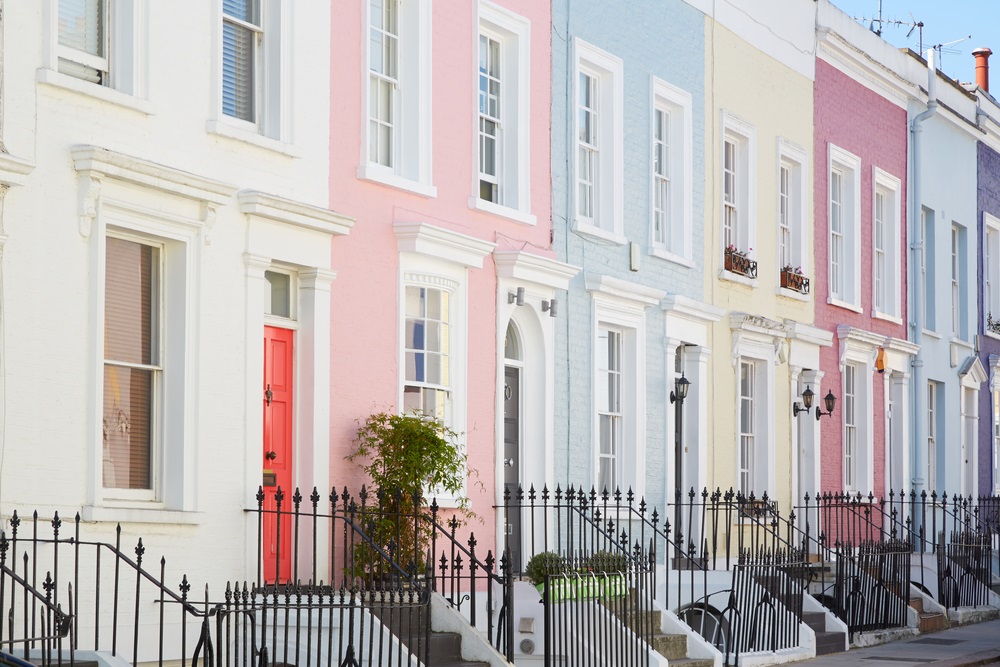House prices have increased by 10.5% over the last year but it’s the slowest rate of growth seen since the start of the year, the Halifax House Price Index revealed today.
 The average house price is now at £289,099, which is a rise of 1% – or £2,857 – since last month.
The average house price is now at £289,099, which is a rise of 1% – or £2,857 – since last month.
What’s more, Halifax also revealed house prices had arisen by 74% in the last 10 years with London experiencing the strongest inflation during the decade. Indeed, the average home in the capital has climbed in price by just over 84%, meaning London house-hunters need £247,638 more than those looking 10 years ago.
In the East of England, meanwhile buyers need £153,930 more than in 2012 and in the East Midlands it’s an extra £108,116.
Is the housing market starting to slow?
Prices have been increasing at double digit pace for nearly a year but Halifax said there were signs things were beginning to slow down as 10.5% – although high – was the slowest rate of growth so far this year.
Alongside this, mortgage activity has started to decrease and inflation is beginning to erode away at household budgets.
Iain McKenzie, CEO of The Guild of Property Professionals, said: “Another increase to house prices will be unwelcome news for those looking to get their foot on the property ladder, but sellers will take comfort in knowing that their home is continuing to gain value.
“The data confirms a slowdown in house price growth, as the market levels out after 11 months of consecutive rises and the impact of the cost-of-living crisis impacts buyers.”
He added: “The market has seen some unusually high levels of activity of over the past two years, so it was expected that we would start to see the market cool down to some degree, especially with cost of living pressures mounting.
“Since 1931, there have only been 16 years of house price decline, with every other year seeing rises. A significant readjustment in the market seems unlikely anytime soon.”
How will slowing house prices impact first-time buyers?
Whilst the pace of growth is dwindling, first-time buyers may still find challenges in the current market and are being urged to use caution.
Alice Haine, personal finance analyst at Bestinvest, a DIY investment platform and coaching service, said annual home ownership costs remained £1,378 lower than renting in 2021.
“However, while buying a home now could avoid higher housing costs further down the line and be an effective way of building wealth over the long-term, first-time buyers would be wise to tread carefully,” she added.
“Those in a pricier housing area run the risk of overpaying for a home in a bid to beat the competition, leaving them vulnerable to going into negative equity if home values drop – a situation where their outstanding mortgage balance is higher than their house is worth.”














